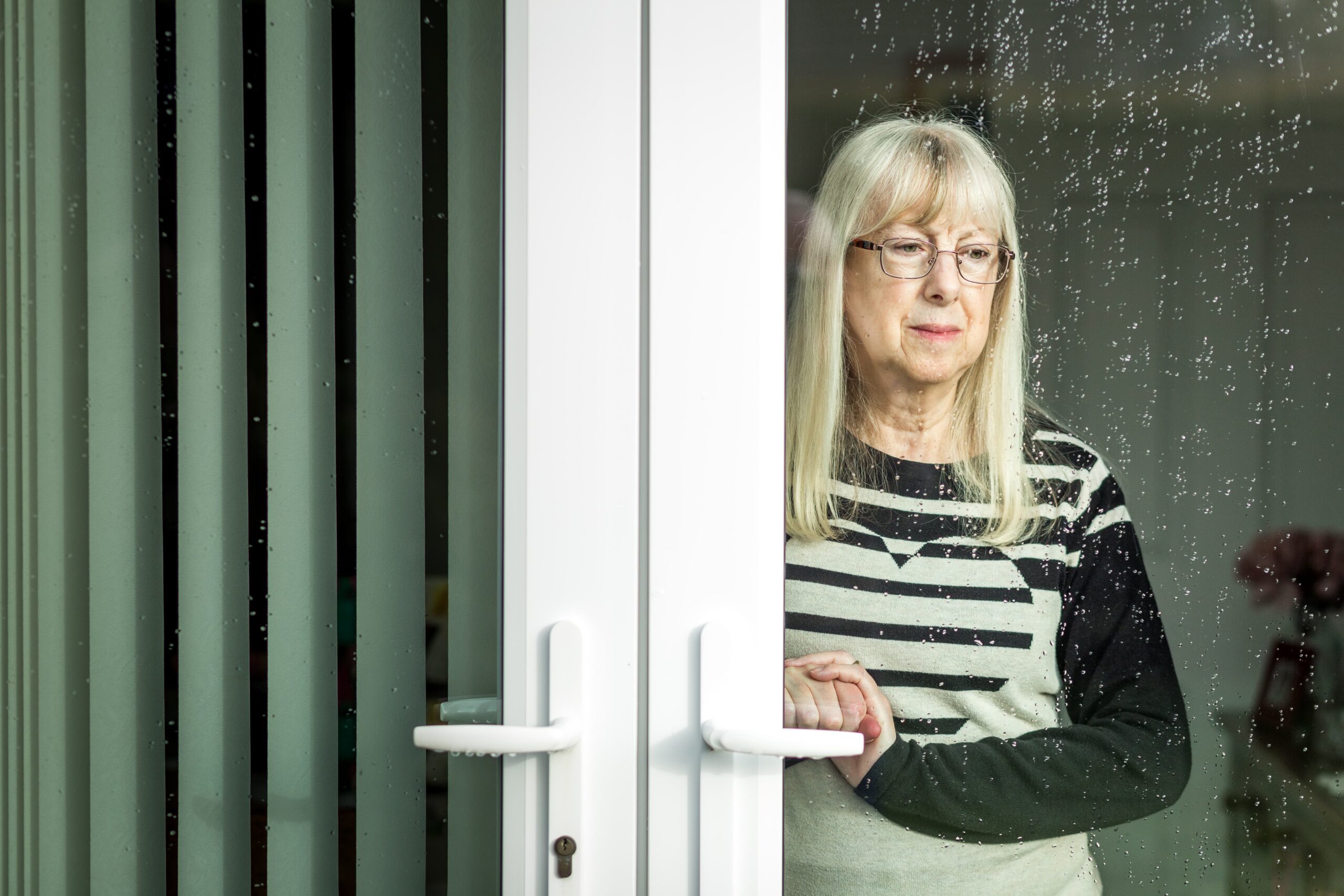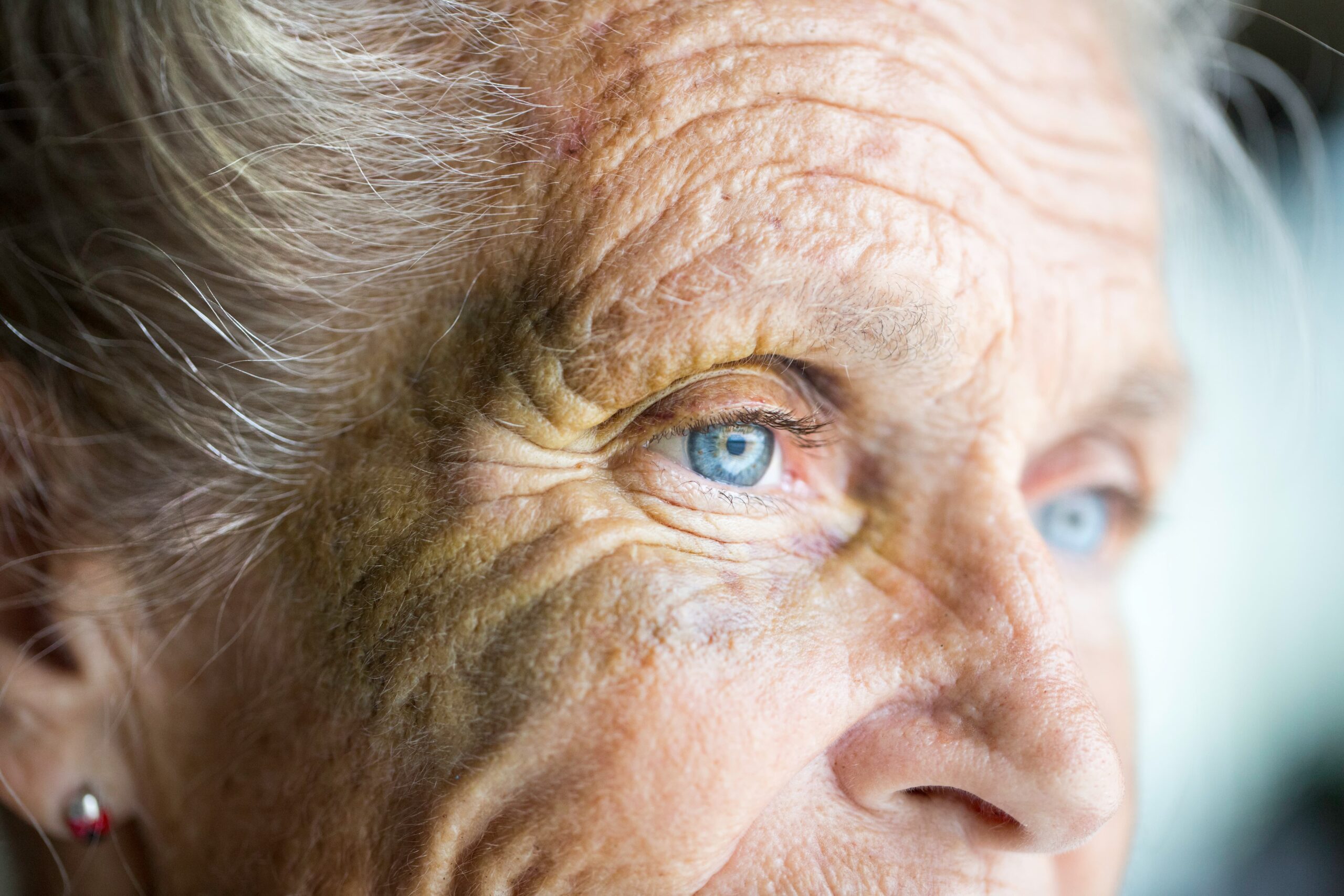Elder Abuse in a Residential Long-Term Care Facility
According to the National Association of Nursing Home Attorneys1, one-third of nursing home residents witness abuse each year. About 10% of seniors say that they have been personally victimized by elder abuse. The mistreatment of our nation’s seniors is an epidemic.
Our Colorado lawyers for elder abuse in residential long-term care facilities work each day on behalf of abuse victims. We want to help individuals and their families recognize the warning signs, dangers and what to do if they suspect mistreatment.
What Is Elder Abuse in a Residential Long-Term Care Facility in Colorado?
Elder abuse in a residential long-term care facility in Colorado is any non-accidental physical pain or injury. It may include:
- Bruises
- Bleeding
- Malnutrition
- Dehydration
- Burns
- Broken bones
- Poisoning
- Subdural hematoma
- Soft tissue swelling
- Suffocation
- Unreasonable confinement or restraint
- Sexual conduct or contact
Colorado Revised Statutes § 26-3.2-101(1)2 defines elder abuse for at-risk adults, including those in long-term care facilities. Intentional conduct, recklessness and negligence may all result in elder abuse. It may result from action or a lack of action.
RELATED: UNDERSTANDING THE DIFFERENT TYPES OF ELDER ABUSE
How Do Nursing Homes Get Away With Abuse and Neglect?
There are many reasons nursing homes get away with abuse and neglect3, including corruption, apathy from accountability organizations and government watchdogs, and a culture of silence among employees who do not want to lose employment or face retaliation. Too often, those responsible for recognizing and stopping abuse in long-term nursing homes don’t do the right thing.
Fortunately, as a victim or a family member of a victim, you can act. The individual can report the abuse and take legal action on their own. They may pursue accountability for their suffering as well as improve oversight in care facilities that may help others in the future.
What Is the Most Common Type of Nursing Home Abuse?
According to the World Health Organization, the most common type of nursing home abuse4 is emotional abuse. It’s all too easy to make a cruel comment, mislead or berate a nursing home resident who is helpless to fight back. Residents may not recognize the mistreatment as abuse, or they may be afraid of more serious retaliation if they try to stop it.
Emotional abuse doesn’t leave physical scars, and caregivers, family members and others may engage in abuse without accountability. However, emotional abuse is only one type of abuse. Physical, sexual and financial abuse are also common in long-term care facilities.

Why Are So Many Nursing Homes Abusive and Negligent?
Some causes for the high rate of nursing home abuse and neglect may include:
- Understaffing
- Poor training
- Hiring unqualified caregivers
- Trying to save operating expenses by cutting corners
- Poor risk assessment
- Failing to respond to incidents with voluntary improvements
- Lack of government oversight
- Residents and employees who fear retaliation for speaking out
- Residents who do not know their rights
- Victims not knowing how to report abuse
- Families failing to recognize the signs of abuse
There are a lot of reasons that nursing home abuse and neglect are so prevalent. However, there is never an excuse for abusive behavior.
Our lawyers for nursing home abuse are here to fight back with aggressive legal action to hold wrongdoers accountable and improve care for residents in long-term care facilities.
Are Elderly People Ever Kept in Nursing Homes Against Their Will?
Yes, older adults may be kept in nursing homes against their will. In some cases, guardianship or conservatorship may be appropriate so that the elderly person can have the safe level of care they need. There are legal proceedings to place a person in a home involuntarily if they are unable to recognize their own need for care.
However, there are other times that an older adult may be kept in a nursing home against their will and subject to abuse or neglect. There are avenues available to report and help individuals who are mistreated in nursing homes, including calling the police and making reports to Adult Protective Services.
What Should I Do if I Suspect Nursing Home Abuse in Colorado?
If you suspect nursing home abuse in Colorado, you should:
- Call 911 – Emergency services can respond to protect your loved one’s immediate safety in an emergency.
- Call the police – Even if a situation isn’t a medical emergency, the police may be involved. They can do a wellness check on the individual and determine if any crimes have occurred. Several crimes may be charged, including assault, criminal sexual conduct, caretaker neglect, exploitation and theft. Call your local police at their non-emergency number.
- Report your concerns to Colorado Adult Protective Services – Call the intake number for the location where the abuse may be occurring. Colorado maintains a list of phone numbers for Colorado Adult Protective Services.
- Make a report to the Colorado Department of Health – They have oversight of nursing home licensing.
- Bring a legal action – Regardless of what happens with police reports and government investigations, an individual victim may bring legal action for elder abuse in a long-term residential care facility. They may demand financial compensation for medical bills, physical suffering and mental anguish.
What Is the Basis for a Lawsuit for Elder Abuse in a Nursing Home or Long-Term Care Facility?
There are five general legal reasons for a lawsuit in a long-term residential facility:
- Negligence – The care facility failed to provide a basic and reasonable level of care that a long-term residential facility should offer under similar circumstances. Negligence may occur in various contexts, including medical care, social opportunities, movement within the facility, personal grooming and nutrition.
- Recklessness – Recklessness is purposefully undertaking a dangerous course of behavior, knowing that harm is likely to result.
- Intentional harm – Perpetrators who inflict intentional physical or emotional harm are legally liable for the injury caused by their actions.
- Breach of contract – Inadequate care may violate a service agreement with the resident.
- Breach of fiduciary duty – Elder abuse violates the facility’s fiduciary obligation to protect the well-being of the victim.
A long-term residential facility may be liable for the actions of its employees. They may also be accountable for negligent hiring, training and oversight of their workers.

Colorado Lawyers for Elder Abuse in Long-Term Residential Care Facilities
If you suspect that you or a loved one has been victimized, we invite you to meet with our compassionate nursing home abuse attorneys. We can help you learn about your case and fight back in the best possible way, protecting you or your loved one from abuse and neglect. Contact us for your free consultation today.
Sources:
1National Association of Nursing Home Attorneys (NANHA). Facts & Statistics. Contextualizing Nursing Home Abuse. Retrieved 14 October 2021 from https://nanha.org/resources/facts-statistics/
3Hawes, Catherine. (2003). Elder Abuse in Residential Long-Term Care Settings: What Is Known and What Information Is Needed? National Academies Press (US). Retrieved 14 October 2021 from https://www.ncbi.nlm.nih.gov/books/NBK98786/
4World Health Organization (WHO). (4 October 2021). Elder Abuse. Retrieved 14 October 2021 from https://www.who.int/news-room/fact-sheets/detail/elder-abuse






